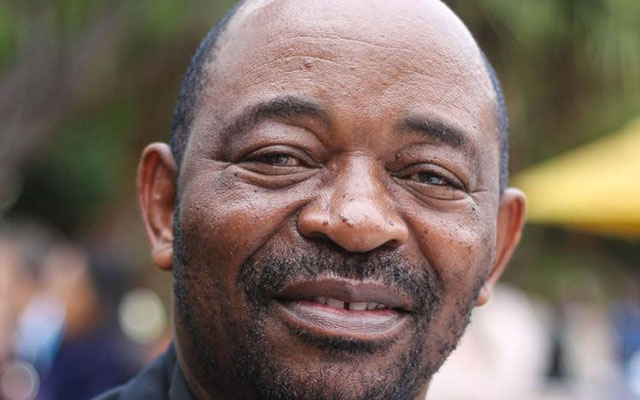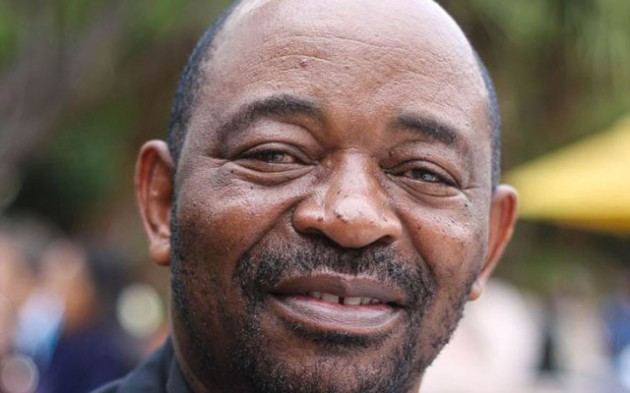Govt acquires 100 HIV machines

Tinomuda Chakanyuka and Mirirai Nsingo
The Ministry of Health and Child Care, with the support of The Global Fund, has acquired 100 HIV point of care (POC) machines worth over $5 million as part of efforts to decentralise HIV services and increase access of the same to people in remote areas.
The machines will allow health care workers to test for HIV, counsel and initiate patients on treatment on the same day at one health care facility, without any referrals.
The state-of-the-art machines, which can carry out viral load testing and Early Infant Diagnosis (EID) of HIV, are expected to help accelerate the country’s drive towards the 2020 targets to end Aids. Known as SAMBA 1 and 2, the machines were acquired from Diagnostics for the Real World, (DRW), a research institute based at Cambridge University in the UK.
Point of Care refers to availability of prompt diagnosis and prompt treatment at a health facility, as opposed to the widely used centralised system, which has a longer turnaround period between diagnosis and intervention.
An additional consignment worth about $1 million has also been acquired by the National Aids Council (NAC). In an interview on Wednesday, head of the TB and Aids unit in the Ministry of Health and Child Care Dr Owen Mugurungi said the machines would be distributed to 25 selected sites across the country’s 10 provinces.
He was speaking on the sidelines of the ongoing International Conference on Aids and STIs in Africa (ICASA) in Abidjan, Ivory Coast. Dr Mugurungi said by reducing the turnaround time between diagnosis and intervention, the machines would help reduce loss-to-follow-up case, where patients get tested, but do not come back to collect their results.
“Ideally these machines have been identified for the Early Infant Diagnosis (EID) programme, where we have prioritised the issue of knowing the status of those exposed babies or babies that are born of HIV positive mothers,” he said.
“We want to know that if a woman is HIV positive and delivers a baby, within the period of the three days when they are at the clinic before they go home, we need to know if there was any transmission of the virus to the baby.
“If there was transmission, then the baby would be put on treatment immediately”.
At present, testing for HIV in infants is done at six weeks and results come out after about 10 weeks, and in most remote areas where there are transport challenges, parents do not follow-up on the results, leading to delayed interventions.
A pilot project of the SAMBA machines was carried out at two health facilities – Rujeko Clinic in Dzivarasekwa suburb and Hatcliffe Clinic, both in Harare – where the results were reportedly remarkable. Principal laboratory scientist in the Ministry of Health and Child Care Mrs Sandra Chipuka, who oversaw the pilot project, shared some of the results during a symposium on the sidelines of ICASA, drawing interests from other countries represented at the conference.
Director of laboratory service Mr Douglas Mangwanya said the latest machines would complement the conventional viral load testing machines that were available at all district and provincial hospitals.
“We have viral load machines at all district and provincial hospitals and these point of care machines will be put on sites where patients cannot easily access provincial hospitals,” he said.
Zimbabwe has been a torch bearer in the fight against HIV in Africa and will be the first country in the world to use the SAMBA point of care technology.










Comments